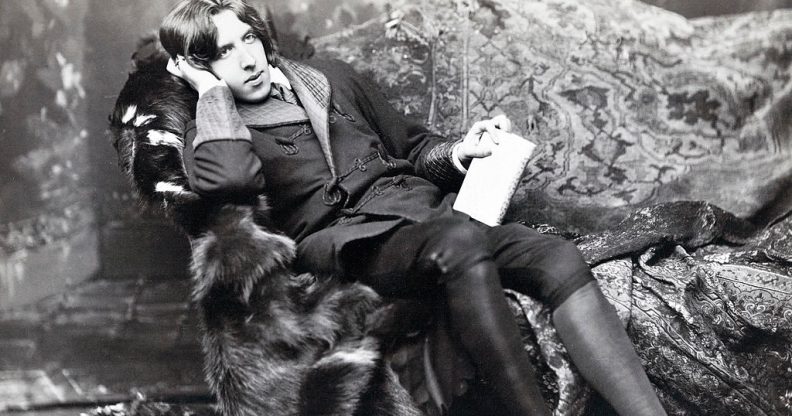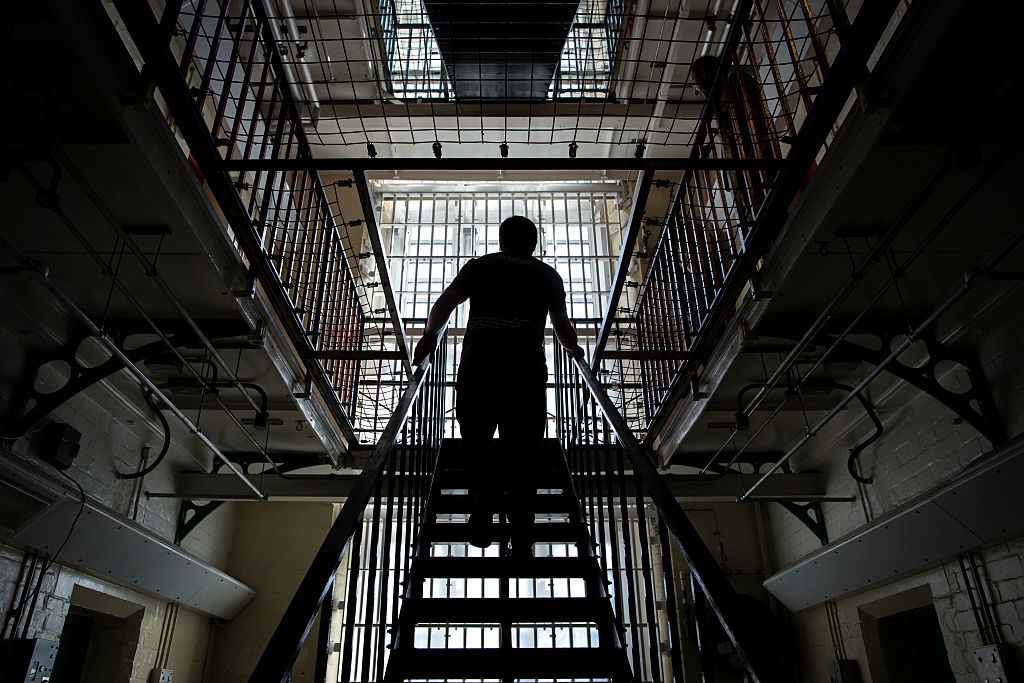The prison where Oscar Wilde served time for gay sex is for sale

Oscar Wilde. (Universal History Archive/Getty)
The prison where Irish writer Oscar Wilde served time when he was convicted of gross indecency is being sold.
Reading Gaol housed criminals during the Victorian era, but has since become a well-known literary landmark because of the time Wilde spent there.
The prison closed its doors in 2014 and there were hopes that the site would become an arts centre – however, the UK government has decided to sell it instead.
The Ministry for Justice has said that they plan to sell the building to the highest bidder and said they will invest all funds from the sale back into the prison system, BBC News reports.
Reading Gaol must not be sold to ‘the highest bidder’.
However, cultural and political figures in Britain are worried that the site’s sale could result in the loss of its literary and historical significance.
Reading East MP Matt Rodda has expressed his concern that the government is likely to sell the site to “the highest bidder”. He has started a petition calling on the Ministry of Justice to keep Reading Gaol in public ownership.
“Reading Gaol is an important national heritage site, where Oscar Wilde was imprisoned and Henry I is believed to be buried nearby,” Rodda wrote.
This wonderful site should stay open to the public, it is too important to be redeveloped as luxury flats.
“We the undersigned want to see it preserved and enhanced to become an arts hub and to celebrate Reading’s heritage.
“We call on the Ministry of Justice to support this and not to sell it off to the highest bidder. This wonderful site should stay open to the public, it is too important to be redeveloped as luxury flats.”

Interior of Reading Gaol (Dan Kitwood/Getty)
Meanwhile, artist Linda Saul is arranging a “Reading Gaol Hug” for Sunday October 13 which will demonstrate the need for the site to become “an arts hub and museum accessible to all”.
‘Reading Gaol Hug’ will demonstrate need to keep building in public ownership.
On the event page, Saul writes that the site is significant because Wilde wrote his famous The Ballad of Reading Gaol after spending time there.
“It was built on the site of Reading Abbey and Henry I may be buried there,” she said.
“The Ministry of Justice want to sell the Gaol to the highest bidder, most likely a housing developer.
“We want to surround the Gaol with people linking hands to show our support for it becoming part of the town, permanently open to the public as an arts hub and museum.”
Wilde was imprisoned at Reading Gaol for two years between 1895 and 1897 when he was convicted of gross indecency over his affair with Lord Alfred Douglas.
The Ballad of Reading Gaol is one of Wilde’s most famous works and touches on the brutality of the Victorian prison system.
After his release, Wilde went into exile in France. He was impoverished and his health had declined significantly during his time in prison. He died of meningitis just three years after he was released from Reading Gaol.

